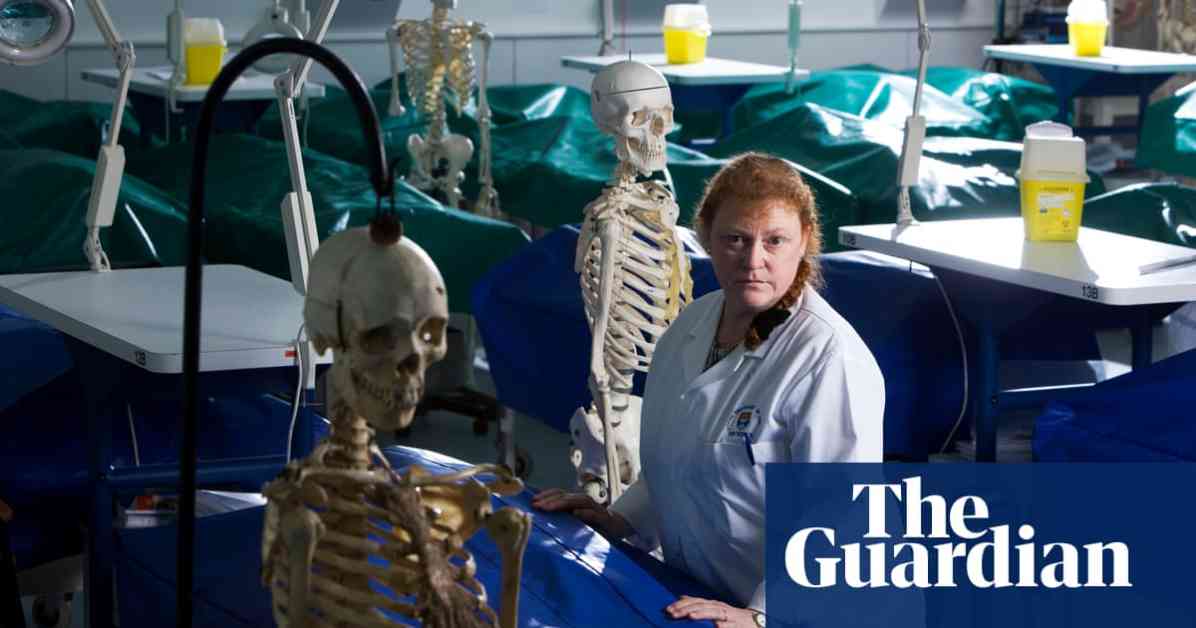Dundee University’s renowned forensic science research center, featured in the popular BBC drama Traces, faces an uncertain future amidst a £30 million budget shortfall. The Leverhulme Research Centre for Forensic Science, home to a team of 24 experts dedicated to advancing crime investigation techniques, is at risk of closure, sparking outrage from acclaimed crime writer Val McDermid and other industry professionals.
Impact on Crime Writing and Fiction
McDermid, known for her captivating crime novels, emphasized the center’s pivotal role in enhancing the accuracy of crime narratives. She praised the experts at Leverhulme for their willingness to share knowledge and insights, which have contributed to the authenticity of Scottish crime literature. Additionally, crime fiction author Lin Anderson, creator of the renowned forensic scientist Rhona MacLeod, highlighted the invaluable support provided by the center in shaping her fictional works.
Moreover, both McDermid and Anderson stressed the critical importance of ensuring that crime fiction aligns with real-world forensic science practices. Leverhulme experts regularly participate in events such as Bloody Scotland, an acclaimed crime writing festival, to educate authors and readers on the latest advancements in forensic science. Their absence, Anderson noted, would be a significant loss for the literary community and the broader public seeking accurate portrayals of crime investigations.
Political and Financial Implications
The looming closure of the Leverhulme Research Centre has drawn strong criticism from various quarters, including Michael Marra, Labour MP for North East Scotland and a former deputy director of the center. Marra raised concerns about the university’s failure to leverage the center’s expertise effectively, particularly in modernizing scientific practices within the judiciary system. He also questioned the rationale behind issuing redundancy notices to staff prematurely, despite the center still having significant funding remaining.
Marra’s observations underscore a broader issue surrounding funding models for higher education institutions in Scotland. He highlighted the unintended consequences of funding cuts for Scottish students, which have led universities to make decisions that jeopardize critical research initiatives. The potential closure of the Leverhulme center, he argued, represents a missed opportunity to address pressing societal challenges, such as drug-related deaths in Scotland.
In response to mounting concerns, a spokesperson for Dundee University reassured that the center would continue its operations until the remaining funding expires next year. They emphasized the university’s commitment to forensic science as a cornerstone of its academic offerings, despite the challenges posed by dwindling external funding sources. The ongoing consultation with center staff reflects a proactive approach to managing the impending closure and exploring potential alternatives to sustain its valuable contributions to the field.
As stakeholders rally to save the Leverhulme Research Centre for Forensic Science, the fate of this pioneering institution hangs in the balance. The intersection of academic research, crime fiction, and real-world forensic applications underscores the critical role played by centers like Leverhulme in advancing knowledge, fostering creativity, and serving as beacons of excellence in the pursuit of justice and truth. In an era where scientific innovation and storytelling converge, the preservation of such centers becomes imperative for the continued evolution of forensic science and its enduring impact on society.


